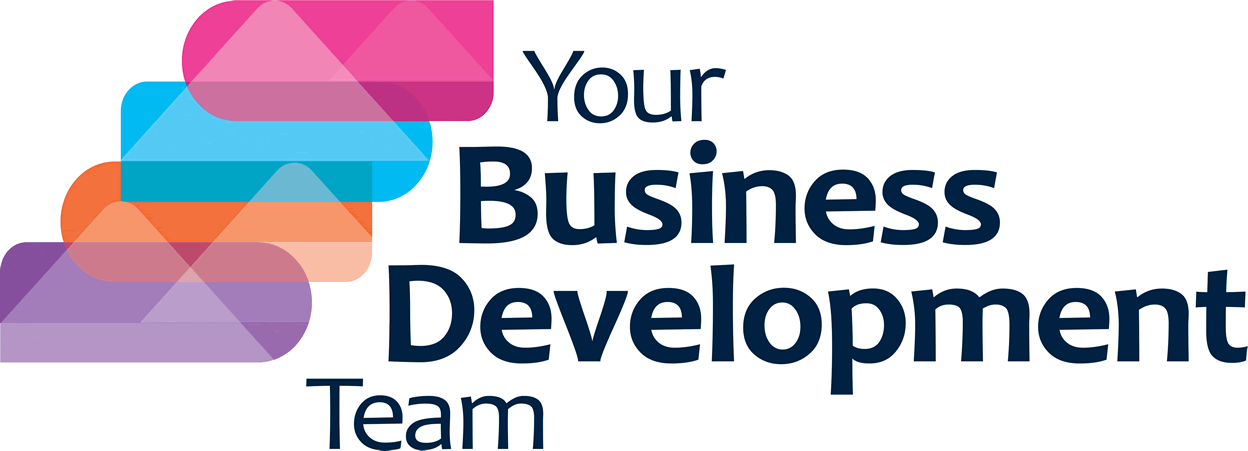The first question is, what actually is lead generation? It is simply the process of identifying and cultivating potential customers for a business’s products or services. The end goal of lead generation is to convert these potential customers, or leads, into paying customers.
Lead generation can involve a variety of strategies including many aspects of the work YBDT offer. Content marketing, email marketing, telemarketing and using platforms such as LinkedIn. These strategies are designed to attract potential customers towards a business where they can learn more about the products or services on offer and your business can build a relationship with them.
How can you tell what sort of lead generation will work for your business? There are some basic questions you need to answer to establish what is going to work for your business. The best lead generation strategy depends on your business’s unique context, industry, resources, and goals. That means it is crucial to keep learning, adapting, and innovating to stay ahead of the competition and meet the evolving needs of your audience.
- Do
you know who your ideal client base is? It is important to know who your ideal
customer is and what their pain points and challenges are. Knowing who you are
targeting will help you understand the most effective lead generation strategy
to reach them. If your ideal clients are tradespeople who are on site all day
then phoning them would be unlikely to work, but an email that they can read at
their leisure may well do.
- Do
you understand your industry and how it operates? Researching
your market sector will also help you understand what strategies will connect
with your potential clients. Knowing how your industry behaves will let you see
what is, or is not, working for your competitors, and allow you to develop the marketing
collateral that will speak to your prospects.
- Is
there a pattern to how potential customers buy? This
is probably the most critical question. If your potential clients are buying
regularly, on subscription, or as an annual renewal then your lead generation
process revolves around the data that lets you be in position to talk to them
at the right time.
- What
are the key drivers to a buying decision? Another vital
question for companies whose purchases are less predictable. Almost as
important is where they buy. Is it direct from the manufacturer or through a
distribution channel. That answer can affect who your lead generation efforts
are aimed at and how you develop relationships.
- How often do they buy? If your product is a repeat purchase or consumable item then the lead generation process also includes keeping in touch with existing customers and distributors to ensure you are in their minds when it comes time to buy.
Remember that lead generation is an ongoing process, so it’s important to continually test and optimize your approach to ensure that you are generating high-quality leads for your business. It is important to be open to testing different approaches and measuring their effectiveness. As we mentioned in a blog recently, there is no fairy dust to be waved over the lead generation process. It is a careful process of building knowledge and understanding about the most effective strategies for each business we work with. After 15 years of building sustainable effective marketing for our clients we have a toolbox of techniques and insights into market sectors and prospect behaviour that make YBDT the ideal choice to support your lead generation. Get in touch to book a discovery call that is the first step to your business growth.


